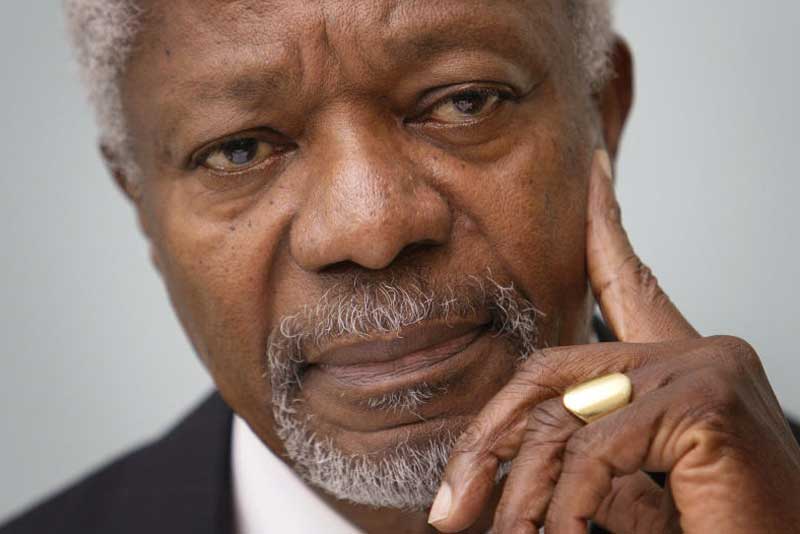×
The Standard e-Paper
Home To Bold Columnists

As the world mourns Kofi Annan, a close scrutiny of the biggest conflicts of his time, wearing his lenses, offer some insights into why he and United Nations did nothing as millions were killed and maimed in the deadly global theaters.
Although Annan explains in his memoirs, Interventions, of the UN and the international community had no deep expertise on the country because at the time UN operated on “limited knowledge,” when the enormity of the killings in Rwanda became evident, no one came to Rwanda’s rescue.